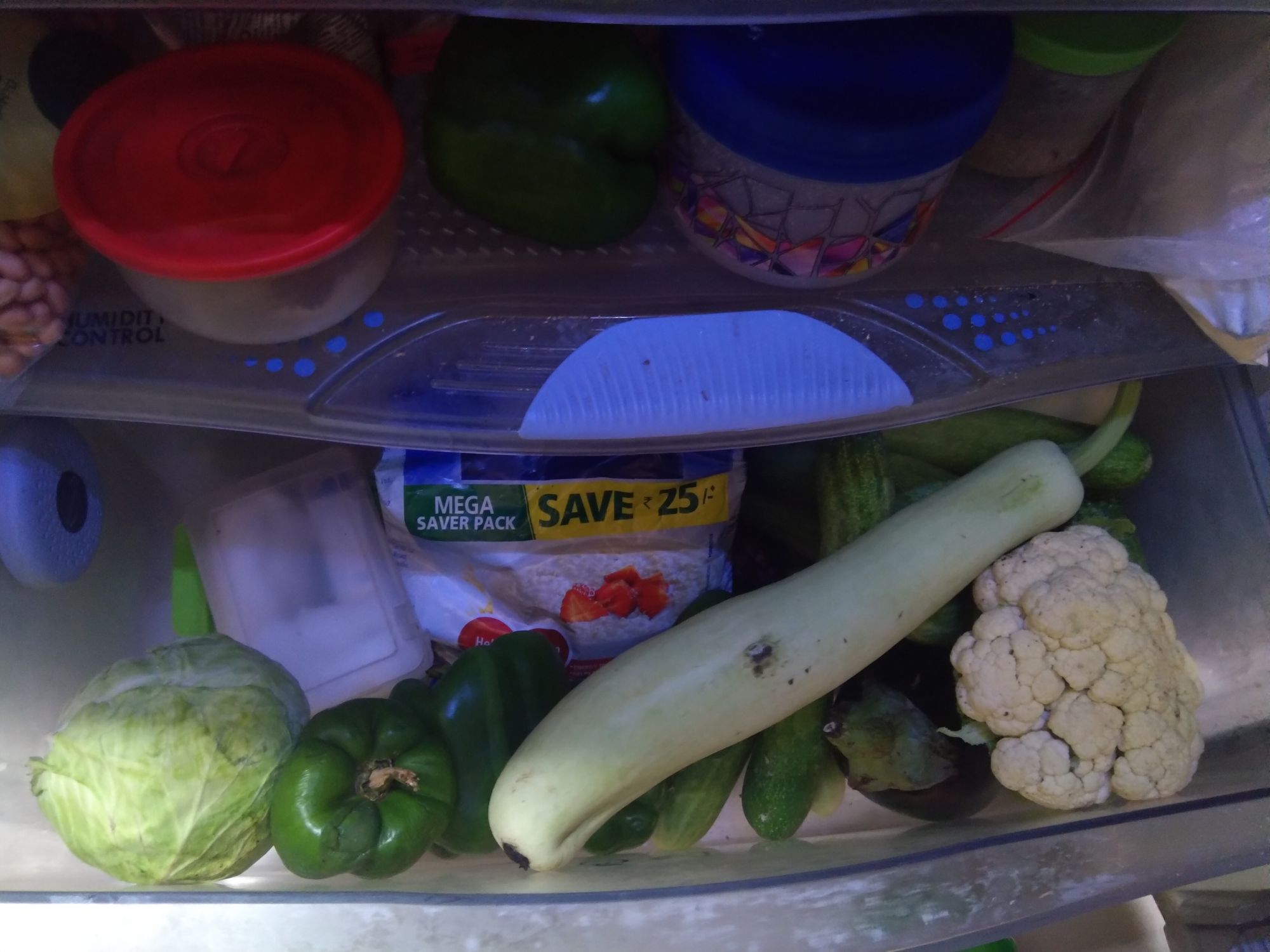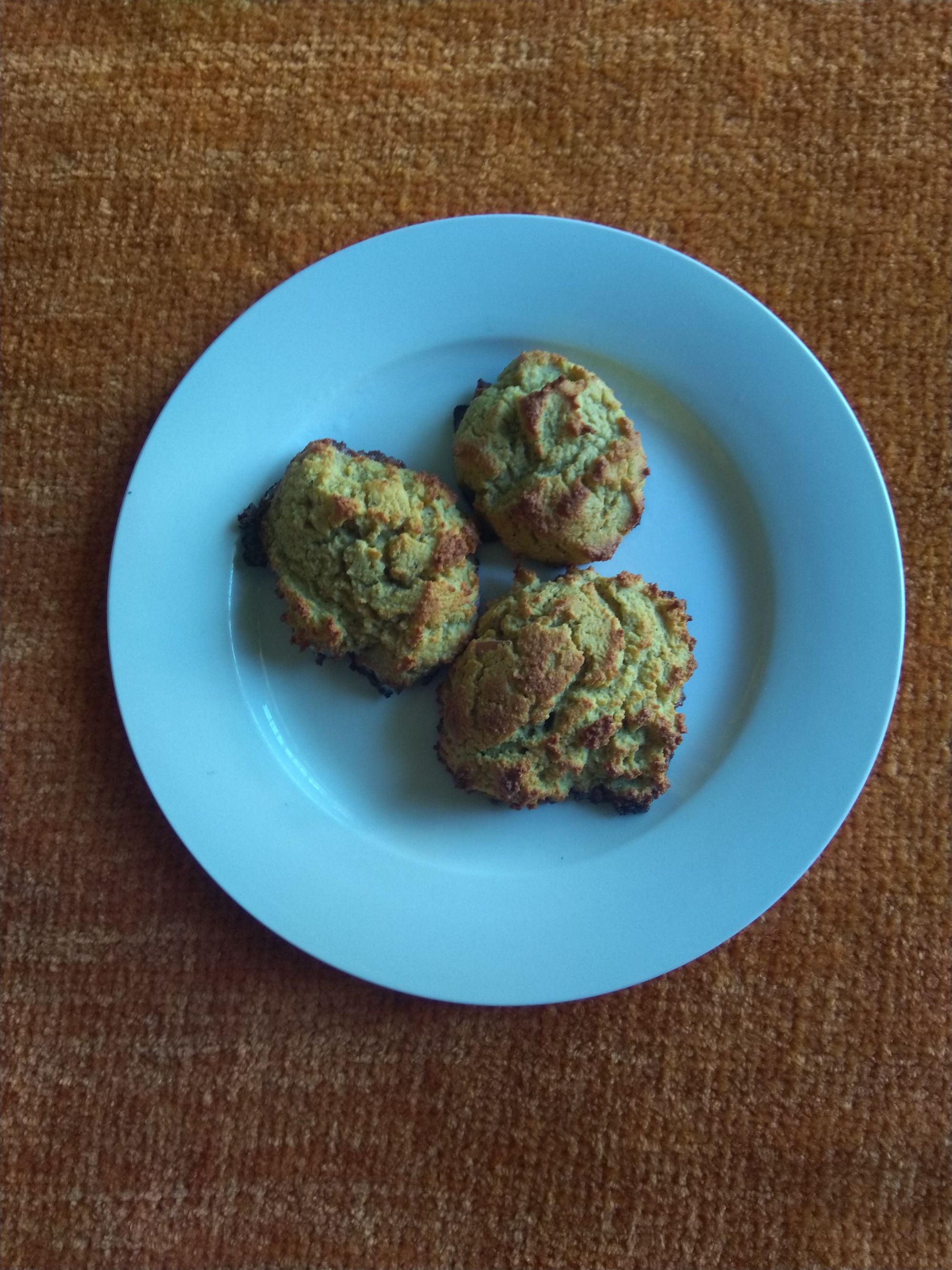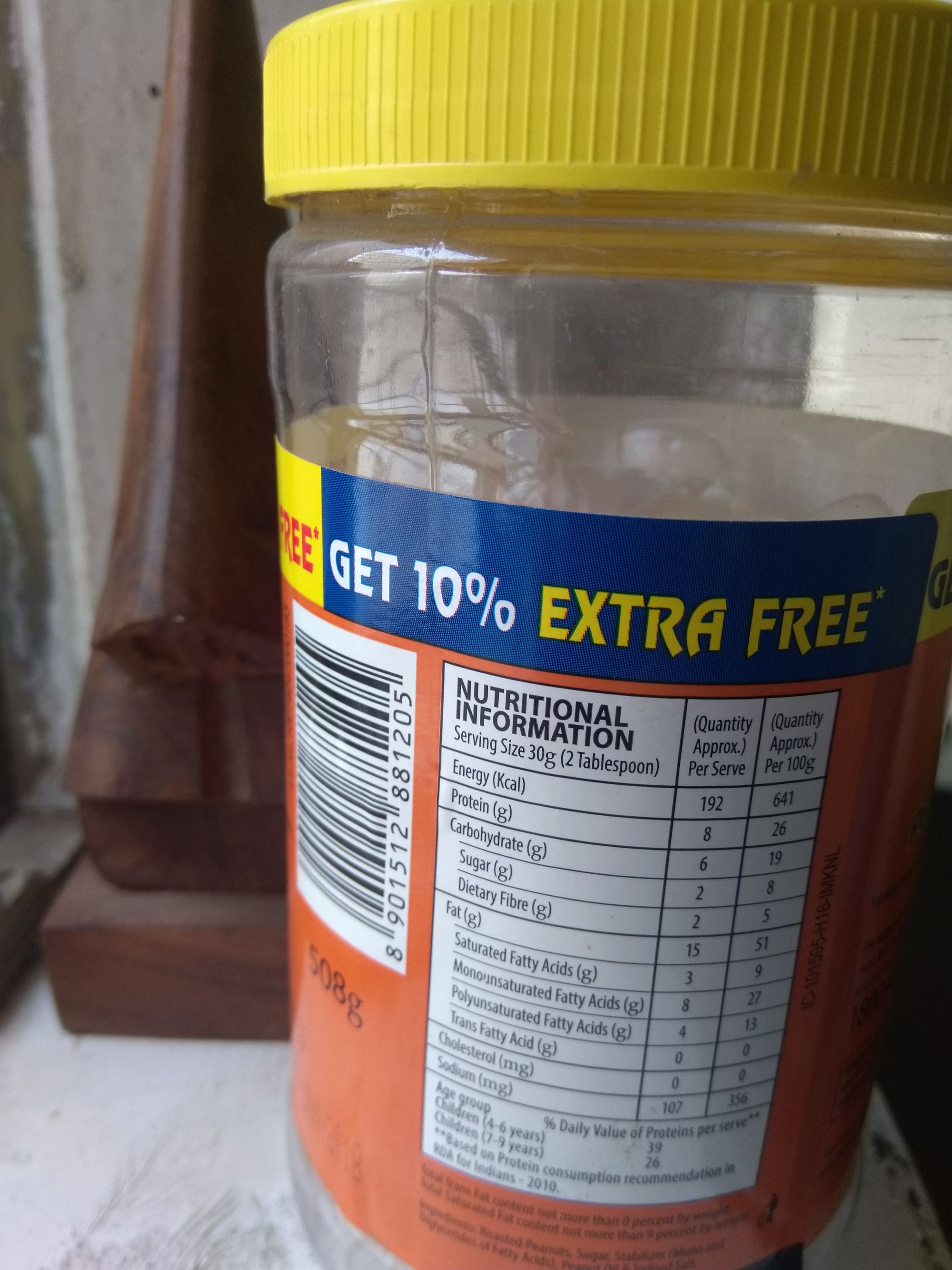Giving and taking care as a caregiver
I’m a person living with a person living with diabetes. I was 2 years old when my sister, Nupur was diagnosed with type 1 diabetes. Early on I learnt that diabetes was the bridge between food and my mouth. I cribbed and cried as my parents and sister would discuss how many units of insulin were correct for her meal. As my sister and I grew, she started to ‘self-manage’ and the burden of diabetes disappeared for me. My parents would routinely ask her how many units of insulin she took but she was by and large by herself.
Diabetes has a built-in requirement of ‘self-management’ since it requires you to pause every time you consume anything - doesn’t matter if you pop in a candy, take a sip of a drink, nibble on a snack or eat an entire meal. Despite experts’ supervision and goading, your blood glucose is largely influenced by what you’re able to eat among other things. This compels the person with diabetes to constantly take perfect decisions about food or treat imperfections with insulin or glucose.
I’ve always looked up to my sister as a model of perfection but having to take so many perfect decisions in one day can be stressful. For several years, through my eyes, I thought my sister was taking great decisions about food and insulin. I learnt only recently that as a child, my sister often lied to my parents when they asked about her blood sugars. It was common for her to fudge figures or lie about having tested at all because she did not want to cause concern or she was simply too fed up to test.
I thought I was being very caring by asking if she was switching injection spots between her stomach and thigh. But what happened to the bridge between food and my mouth? Self-management meant that the dance of calculations became a solo one for my sister. She did all the rituals of pricking her finger 6-8 times a day and taking a shot several times so we never forgot about it. But this kind of solo self-management made diabetes invisible in some crucial ways.

Over time, my sister’s approach to her diabetes changed - she started counting and cutting carbs and regulated insulin intake better. Diabetes compelled my sister to care for herself in an ever vigilant, almost fatiguing way. She taught herself, “less carbs, less insulin.” Since then, barring occasional peaks and troughs due to external factors, her blood sugars have been in great control.
Yet, this self-management was not limited to herself, it spilled over to us.
We were not just giving care but also taking care.
How so? For “less carbs, less insulin” to be real, we purchased and cooked less carbs. We spent hours listing food that had less carbs and sharing recipes with clever low-carb alternatives to our favourite food. What my sister taught herself was also a lesson for us. As her caregivers with functional pancreas, we learnt restraint, were compelled to be creative in finding solutions and most importantly to keep at it even if outcomes did not match our effort.


This is in no way, shape or form an attempt to romanticise diabetes. Especially for those of us living in a developing country with rampant privatisation of public health, diabetes is both rampant and crushing. It expects literacy and monitoring which are expensive and not well distributed. In the absence of these, it is life-threatening.
Instead, this is a caregivers’ note of gratitude. Giving care to and taking care from a person living with diabetes I learnt that great self-management is not just a stunning solo dance of control and monitoring. While control and monitoring are irreplaceable, they create unrealistic pressures when pushed onto individuals. It is not one person’s work. Caring for the self can be and perhaps should be a collective activity from which everyone benefits - functionality of pancreas, gender, age, sexuality, caste, religion no bar.
SUPPORT BLUE CIRCLE DIABETES FOUNDATION
We need your help and support to continue to grow, expand and touch the lives of countless people in the diabetic community. Every little bit helps us in sustaining this endeavour.
Click here to donate

